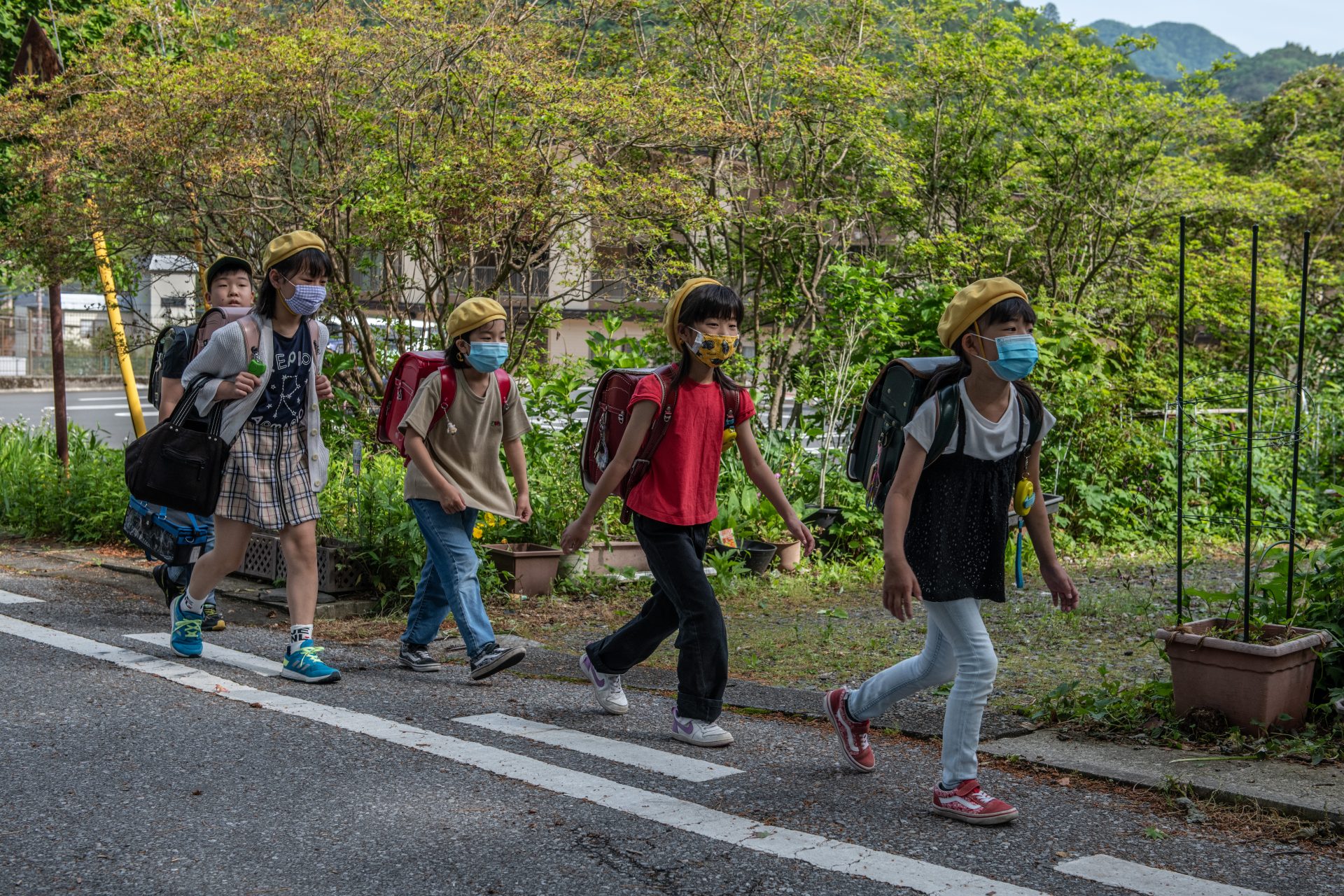Vaccines: facts, myths, and controversies
Vaccines are in the news day after day. The COVID-19 vaccine is one of the most recent inventions of the kind. There's a lot of debate about vaccines, so let's go over their facts, myths, and controversies.
"With the exception of clean water, no other factor, not even antibiotics, has had such an important effect in reducing mortality." This is how the World Health Organization opens its report on immunization through vaccines.
More than 100 million children are vaccinated every year, according to the WHO, and this opportunity for healthy growth is indisputable for everyone's future.
According to the WHO, vaccines prevent more than 2.5 million child deaths every year. Pneumonia and diarrhea are the main causes of child mortality. Fortunately, pneumococcal and rotavirus vaccines are increasingly able to change this scenario.
However, immunization has not yet reached 24 million children living in poor or conflict-affected countries where access to vaccines is still precarious.
The fact that immunization reaches less than 95% of humanity, including people who used to get vaccinated but have stopped, causes outbreaks of preventable diseases to occur. Illnesses like the measles resurface even in countries where vaccination coverage is usually high.
In the first half of 2019 alone, almost 365,000 cases of measles were registered worldwide. The WHO estimates that the actual number is much higher than that, because less than 1 in 10 cases is reported.
Based on this estimate, the WHO believes that in 2017 there were 6.7 million cases of measles and 110,000 deaths from the disease.
In addition to measles, more than 26 other diseases can be prevented with vaccines. Many of them are lethal and disabling, such as diphtheria, hepatitis, meningitis, and polio.
Weaknesses in the health system, lack of infrastructure and financing, and lack of knowledge about the importance of vaccines are the main factors that slow down the progress of global immunization.
According to the WHO, people's increasing reluctance to vaccinate is a serious threat to global health. No good sanitation is sufficient to prevent the diseases in the way that vaccines prevent them. And a natural alternative for immunisation is not a reliable protection against the disease either.
A fraudulent article, written in 1988 and later withdrawn by the journal that published it, linked the triple viral vaccine to autism without any significant evidence. Not only the WHO but the entire reputable medical community of the world condemned the allegation. Today, Internet giants like Facebook and Google have been striving to eliminate any false information about vaccines.
Vaccines produce an immune response in the body without going so far as causing the disease itself. Laboratories test their components to determine isues such as purity and potency.
After the component analysis phase in the laboratory, a clinical trial of safety and efficacy is performed in humans.
Once authorized, batches of vaccines are subjected to post-marketing trials to verify the uniformity of the production process and to monitor any possible adverse incident.
In addition to regulatory systems in each country, the WHO also provides vaccine prequalification procedures.
Efficient vaccination coverage is an important investment for the population of a nation. It saves the cost of treatment of diseases, which is much more expensive.
An example of this cost-benefit is the worldwide eradication of smallpox. The $100 million dollar spent on vaccines in the decade before 1977 would later save 1.3 billion dollars in treatment and prevention efforts.
The polio vaccine was developed in the 1950s by Dr. Jonas Salk (photo). The disease was still common in several countries. In fact, the late U.S. President F.D. Roosevelt had suffered from polio and had spent his adulthood in a wheelchair before passing away in 1945.
Supported by a worldwide WHO campaign, polio immunization reduced its appearance by 99%.
Since 1923, when the first diphtheria vaccine was made, the field of vaccine development has grown immensely. The WHO expects that the world is moving towards developing vaccines against HIV/AIDS, malaria, and tuberculosis, in addition to others adapted to specific needs.
































